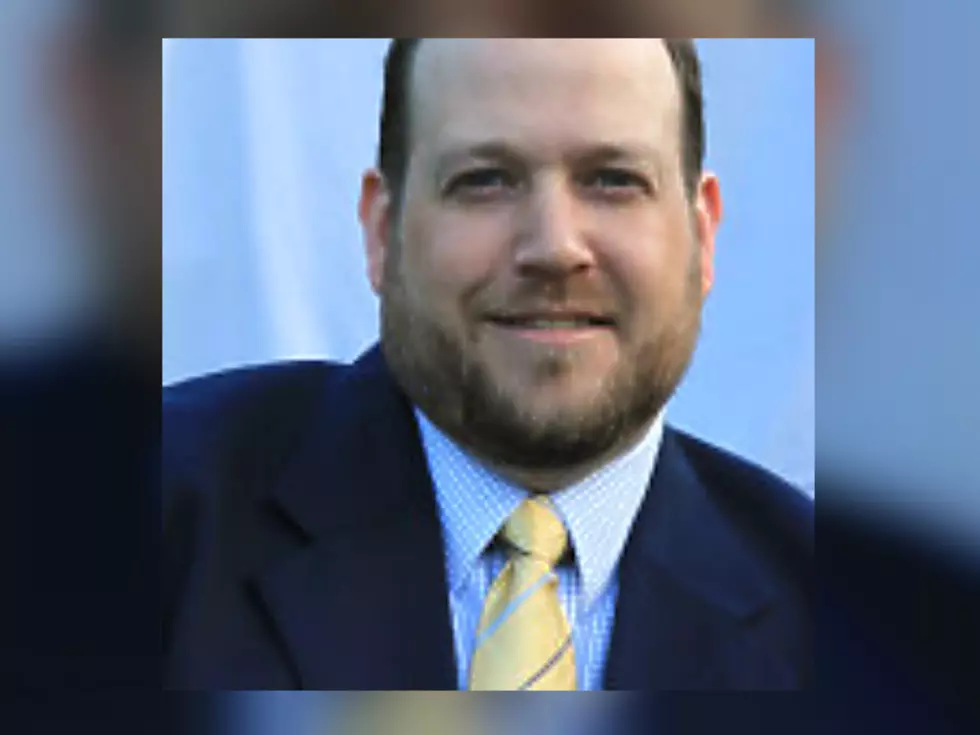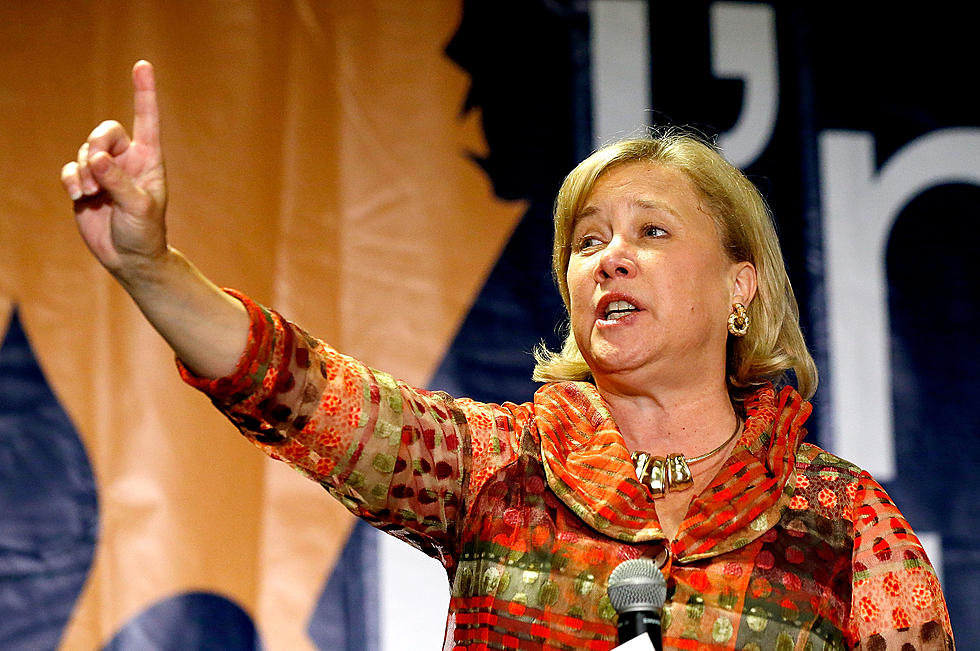
Landrieu Reacts To Oil Spill Commission Report
WASHINGTON – United States Senator Mary L. Landrieu, D-La., issued the following statement today in reaction to the release of the National Oil Spill Commission’s report on the BP oil spill.
Sen. Landrieu said:
“The report released by the Oil Spill Commission will be a useful tool for Congress as we debate the best way to move forward from the impacts of the BP oil spill. I commend the Commission, led by Chairmen Graham and Reilly, for their hard work and willingness to take into account a wide range of opinions. The report issued today honors the lives of the 11 men lost in the tragic Deepwater Horizon accident. As such, and as the report rightly states, we owe it to these individuals and their families to prevent accidents like this in the future.
“The report contains many valuable and common-sense recommendations. Most importantly, the Commission recommends that no less than 80% of the BP penalty money goes to Gulf Coast states for coastal and environmental restoration. It is only right that this money should go to the part of the country that suffered the damage from the oil spill and sets a precedent for future accidents that penalty money should be returned to the area that suffered the injury. This is something that I originally proposed and will continue to work with other Congressional leaders from the Gulf region to make happen.
“The Commission calls for raising the oil spill liability cap on oil companies above the current level of $75 million. I agree that the cap should be raised and that $75 million is too low. But the cap should not be raised to a level that will put small, independent companies out of business. For months, I have been working with several of my Senate colleagues to facilitate a mutual insurance system to fairly spread the risk among offshore operators. This type of liability system will preserve the ability of smaller independent operators to develop oil and gas offshore, while ensuring that taxpayers never have to pick up the tab for an oil spill.
“I applaud the recommendation for more money and manpower to bolster BOEM’s ability to regulate offshore drilling. Specifically, the agency’s presence in the Gulf must be dramatically increased. Currently, the Pacific Region BOEM office employs 5 inspectors to inspect 23 production facilities, a ratio of 1 inspector for every 5 facilities. By contrast, the Gulf of Mexico Regional BOEM office employs 55 inspectors to inspect about 3,000 production facilities – a ratio of 1 inspector for every 54 facilities.
“While I agree with many of the report’s recommendations, I do not agree with the call for tripling the amount of time BOEM has to approve drilling applications. We have successfully drilled more than 58,000 wells using a 30-day approval window, and if we strengthen BOEM’s ability to oversee drilling, it should not be necessary to add another 60 days to the approval process. It is not a matter of how long the review period is, it is about the effectiveness of the review.
“The oil spill that followed the explosion was a tragedy that had a tremendous impact on the region, and we should do everything we can to prevent something like this from ever happening again. But we should also keep in mind that the oil and gas industry is vital to our nation’s energy security, to job creation and to our way of life. It is critical that we ensure that this industry operates as safely as possible, but we must also ensure that this industry operates. As the Commission so clearly stated in its report, ‘we cannot realistically walk away from these offshore oil resources in the near future.’”
More From News Talk 96.5 KPEL









